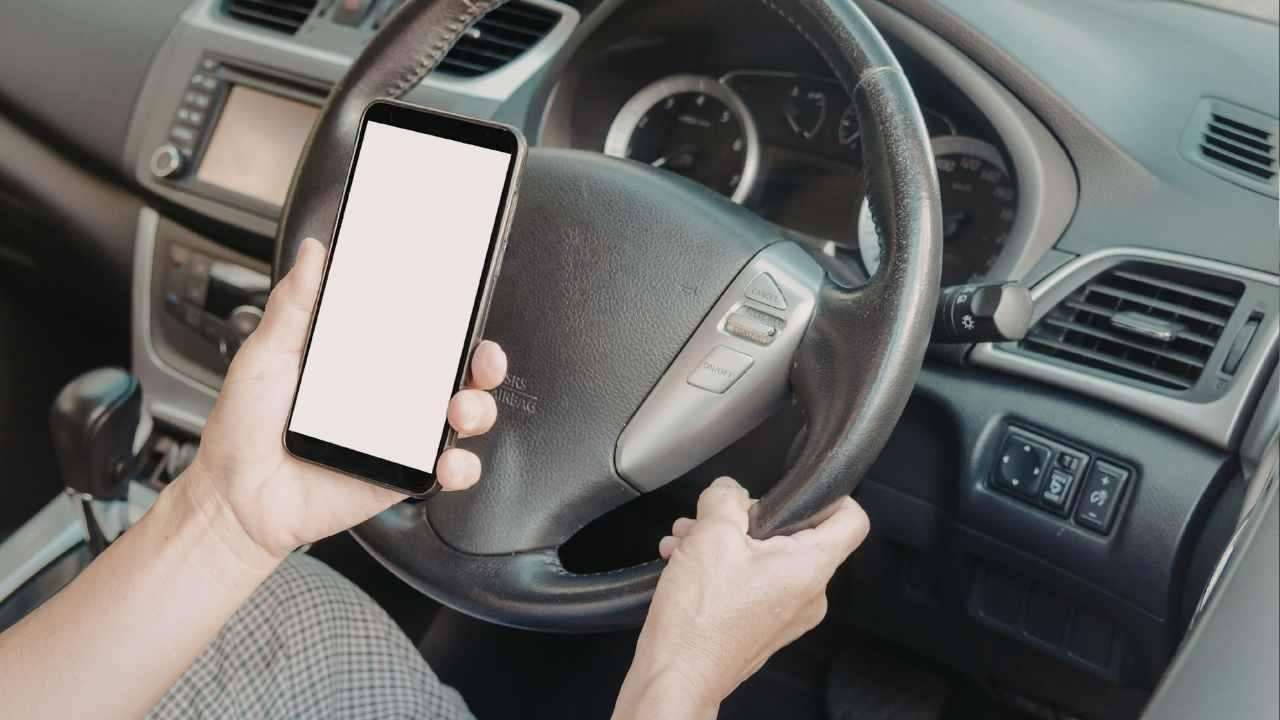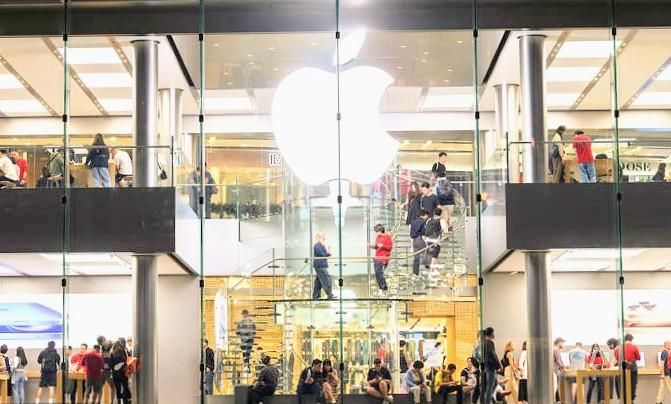After discovering that a device sold by the tech giant includes chemicals known to cause cancer and birth problems, Apple enthusiasts are shocked. A warning about the accessory's potentially dangerous contents is tucked down at the bottom of Apple's page for the $100 Belkin BoostCharge Pro Magnetic Charging Power Bank. This is mandated by California state regulators.California has mandated that the product carry a warning alerting consumers that this wireless charger can 'expose you to chemicals including Bisphenol A (BPA).' BPA, a chemical commonly used to help harden plastics, is known to disrupt hormones in the body, causing fertility issues, sexual development and other problems.
Chemicals found in Apple devices can cause cancer and birth abnormalities. This hormone-mimicking chemical has contaminated a wide range of consumer products, from garbage bags and water bottles to tableware, carpeting, and more. Belkin's Apple-approved wireless charger is the latest addition to this list. An anxious Apple buyer was cautioned online by a consumer advocate that "holding the case with sweaty hands could lead to absorbing some." Although Prop65 is the most robust law of its kind in the United States, it is only a small step in comparison to EU regulations that forbid BPA in food packaging intended for young children, with a complete ban currently being discussed on the continent.The warning is due to California's Proposition 65, passed in 1986, which has long required companies to alert consumers to the risks of BPA in their products. The warning has left nervous Apple fans asking: 'Should I be worried about this?'Studies since at least 2018 using cultures of human skin cells have, in fact, shown that as much as 16–20 percent of BPA shedded from a consumer product can become absorbed and biologically available via contact with human skin. 'BPA is potentially capable of causing adverse health effects following skin contact,' according to an analysis by the National Institute for Occupational Safety and Health.Other Apple accessories, including plastic iPhone cases, have also concerned consumers over identical notices warning of BPA content. 'I'm looking for a new iPhone case and I came across one I really liked,' one user told the r/Chemistry forum on Reddit, 'but looking at the specs in the bottom of the page it noted that the product contained Bisphenol A.' 'Should I be worried about this or find another case without that chemical?' the user asked.Nervous consumers have hotly debated the issue with some dismissing the California regulation as overhyped and others claiming it does not go far enough. 'You can absolutely absorb BPA through your skin,' one said, 'If you don’t know what you’re talking about please just don’t say anything.'Apple's product page for the wireless Belkin charger pack, designed to work with MagSafe-compatible iPhones, shows the device secured in a charcoal black plastic shell. The device, about four inches long and three inches wide, houses a rechargeable lithium-ion battery used to extend the life of an iPhone's battery out in the world.Even industry's suggested alternatives for BPA — bisphenol S (BPS) and bisphenol F (BPF) — behave almost identically to the hazardous chemical they were designed to replace, according to scientists who have investigated the issue. 'The use of these bisphenols should be discontinued due to the risks they may pose to human and animal health,' said biochemist José Villalaín, a professor with Universidad Miguel Hernández de Elche in Spain. Villalaín published his findings in the Journal of Xenobiotics this past September.Some Apple users and others debating how best to react to California's warnings have been up in arms about the gulf between US regulations on these chemicals and more strict consumer and public protections overseas. 'Most countries would ban potential carcinogens but in America all you have to do is slap a cancer warning on it,' another Reddit user, who goes by Old_Impact_3818, lamented. 'Often times it’ll be in fine print on the bottom of the box something comes in and you’ll never even see it.'








.svg)


